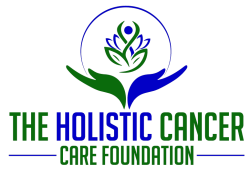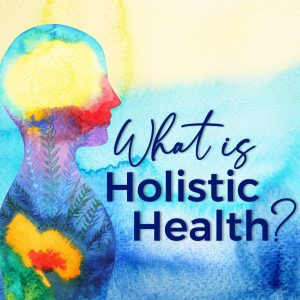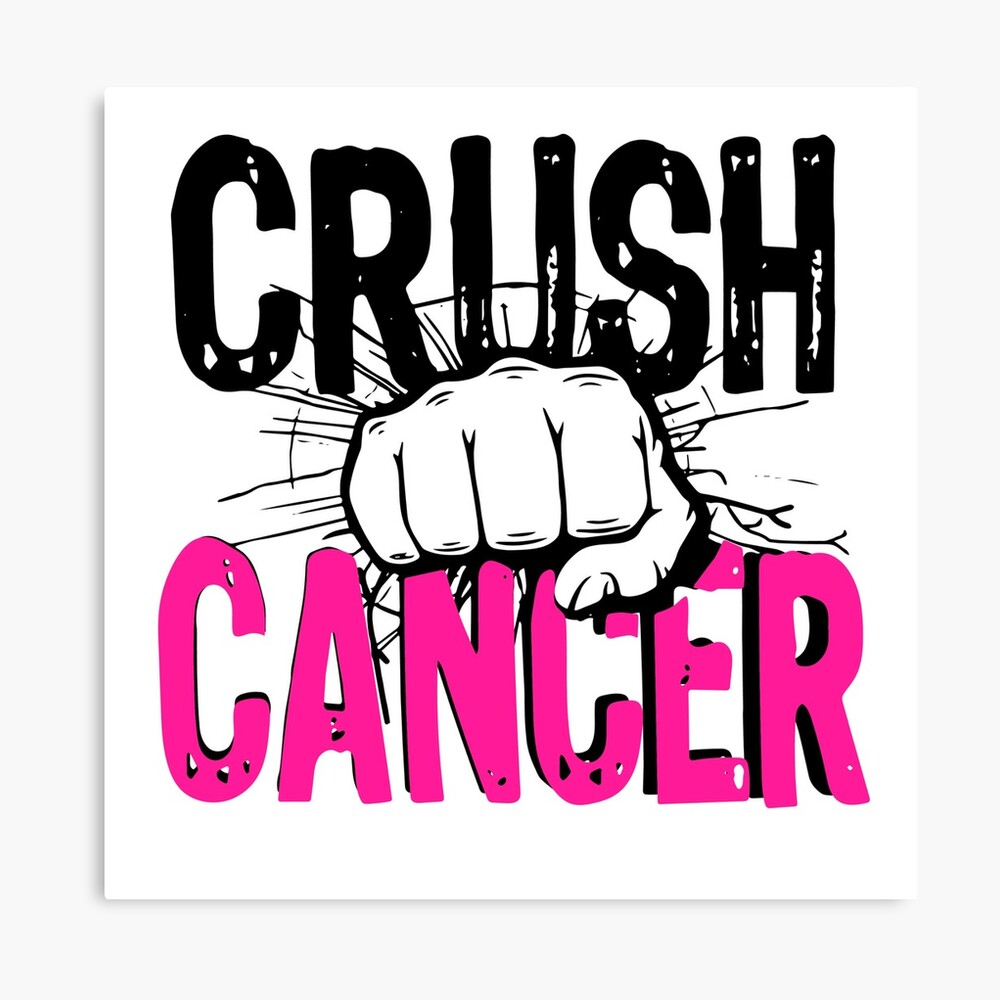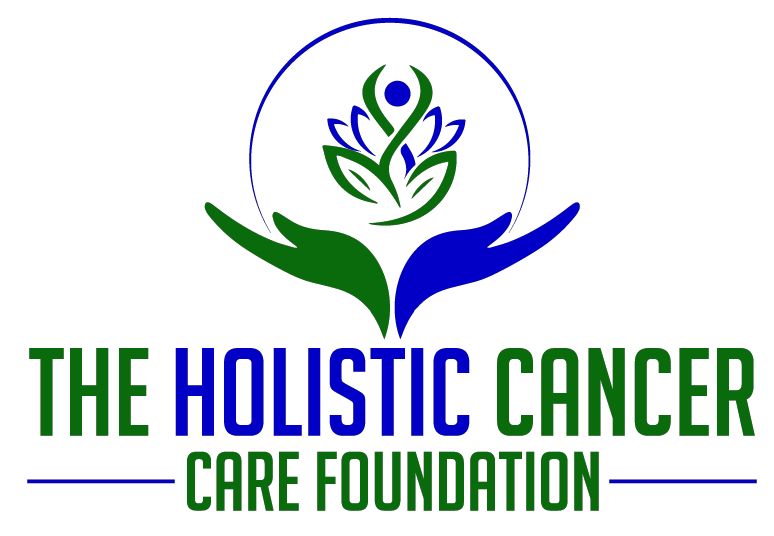The mission of the Holistic Cancer Care Foundation is to educate the public on the benefits and remarkable success of a “holistic” approach to both the prevention and treatment of cancer. I have discovered that there are some surprisingly common misconceptions about this adjective that cause some people to shut down and head for the hills. It seems that when “holistic” is used in a medical context, it is sometimes associated with only alternative, nontraditional treatments and is in some way an insult to our Western medical establishment. I have heard it included among references to “woo-woo” medicine, witch doctoring, folklore, and other unsubstantiated or misunderstood treatment modalities.
The most appropriate definition, in my opinion, is offered by WebMD:
“Holistic medicine is a form of healing that considers the whole person — body, mind, spirit, and emotions — in the quest for optimal health and wellness. A holistic doctor may use all forms of health care, from conventional medication to alternative therapies, to treat a patient.” The key takeaways here are; 1) Holistic practitioners believe that a person is made up of myriad interdependent systems and if one system is not working properly, all the others will be affected. If people have imbalances (physical, emotional, or spiritual) in their lives, it can negatively affect their overall health. 2) Holistic treatment includes ALL forms of health care, both conventional and alternative.
Bottom line, the “holistic” approach to cancer requires an understanding of a patient’s emotional, spiritual, and physical state, an assessment of which biological systems may be malfunctioning as a result of any imbalances, and then utilizing the most appropriate components of the vast treatment arsenal to restore health.
Comments welcome on our “Let’s Talk” page.



